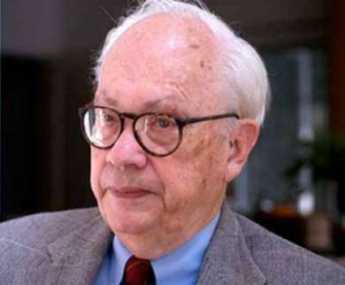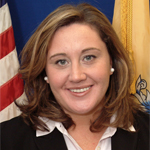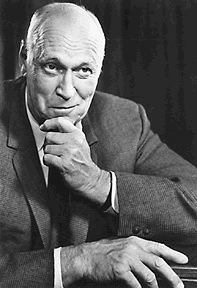Related Topics
Fisher on Running For Office
 Last night, I was honored to receive the Republican nomination for a seat in the state Assembly, to represent the district where I have lived for over fifty years.
Last night, I was honored to receive the Republican nomination for a seat in the state Assembly, to represent the district where I have lived for over fifty years.
Fisher on the Coming Physician Shortage

|
The 11th Assembly District is somewhere to the North, and two Republican ladies, Caroline Casagrande, and Amy Handlin, are running for the office. I don't know them, but I approve of the message in their local newspaper. They feel that Obamacare is going to create a physician shortage, and it certainly does feel as though it's already getting hard to find a doctor. If you think about it, you'd have to agree that giving health insurance to many extra millions of uninsured people would put strains on existing supplies of doctors. But there's a related point to make.

|
I'm quoting Roger Egeberg MD, here, who was General MacArthur's chief medical aide in the Pacific. He later became Assistant Secretary of Health, where I got to know him. He expressed disapproval of salaries for doctors in the strongest possible terms. When I asked him why he would say that, he replied, "If you put doctors on salaries, you will get an instant forty-hour week, and after that, you will get an instant doctor shortage." Although I don't know that it would be instant, I think he is probably right about the general idea. Piece work makes you work longer and harder, and for that reason alone a lot of people hate piece work. Doctors call it "Fee for Service", but it's piece work.

|
In a way I'll explain in another blog, the DRG system of paying hospitals by the diagnosis rather than by itemized services is encouraging hospitals to form satellite clinics and buying up doctors practices to fill them. That's because inpatient patients now lead to a profit of 2%, while the accident room has a profit of 15%, and satellite clinics a profit of 30%. On a national average, of course. Naturally, hospitals see their future in captive doctors on hospital salaries. Meanwhile, if a hospital gets paid by diagnosis, it doesn't matter how long you stay, Medicare pays the hospital the same amount. And it doesn't matter how much lab work or x-rays are done, the hospital gets paid the same. Somehow, I don't think you save money with such a system. And that's the type of system the Affordable Care Act promotes.
Meanwhile, the Medical School deans are responsible for matching supply and demand, and they rather favor the salaried practice. So the hidden cost here is likely to be for an increase in the number of medical schools. Cutting sixty hour weeks to forty hour weeks would require fifty more medical schools. But it then takes six or seven years for a new medical student to become a new doctor in practice, and you have to figure in several years to find the money and to build a new school. So, if it gets done efficiently, it will take ten years at least to recover a balanced supply of doctors.
Originally published: Thursday, September 26, 2013; most-recently modified: Friday, May 17, 2019